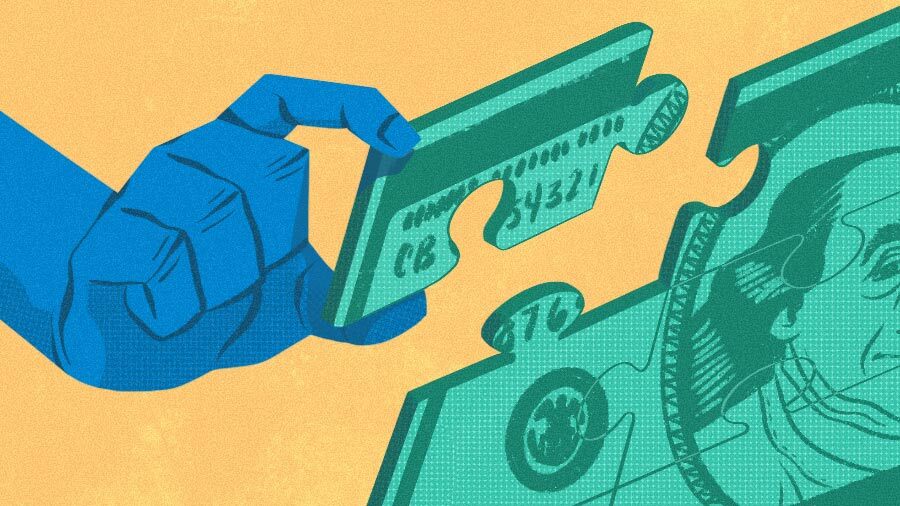Robinhood, the stocks trading platform that was once geared for novices, is slowly making its way into banking.
The company announced on Thursday it acquired X1, a credit card startup, for $95 million in cash. The deal is expected to close by the third quarter of 2023.
Search less. Close more.
Grow your revenue with all-in-one prospecting solutions powered by the leader in private-company data.
X1 is a no-fee credit card company that deals its credit based on the person’s income. And it fits in well with Robinhood’s brand of providing easy-to-understand financial products for someone new to building their personal wealth.
Last year the company introduced a no-fee debit card that integrated with its stock investment app. Users could round up their purchases to the nearest dollar and invest that extra change into the public markets.
“This acquisition will bring us closer towards our goal of serving the entirety of our customers’ critical financial needs,” Vlad Tenev, CEO and co-founder of Robinhood, said in a statement.
X1 co-founders Deepak Rao and Siddharth Batra will stay on at the company and oversee the credit card arm of Robinhood’s expanding business.
The acquisition of X1 is a step forward for Robinhood, which was marred by controversy in the last two years. Robinhood was at the center of the meme stocks controversy in 2021 when users banded together to inflate the stock price of gaming retailer GameStop for, you know, fun. The move cost Robinhood $1.4 billion.
Earlier this year, the company announced it would also cancel its plan to buy the UK-based crypto startup Ziglu. The plan was in the works for more than a year, but following the crypto crash of 2022, Robinhood backed out and owed around $12 million in impairment charges.
This also may be a harbinger of good times for the fintech industry, which saw a massive rise in popularity in 2021 thanks to cryptocurrency platforms, buy-now-pay-later startups and new banking systems.
Only two companies, including Robinhood, successfully went public. Most of them, notably Stripe, are still flailing around in the private markets as venture funding continues to move sparingly. Global funding in the fintech space dipped 40% year over year, per Crunchbase data.

Stay up to date with recent funding rounds, acquisitions, and more with the Crunchbase Daily.



![Illustration of a guy watering plants with a blocked hose - Global [Dom Guzman]](https://news.crunchbase.com/wp-content/uploads/quarterly-global-3-300x168.jpg)
67.1K Followers